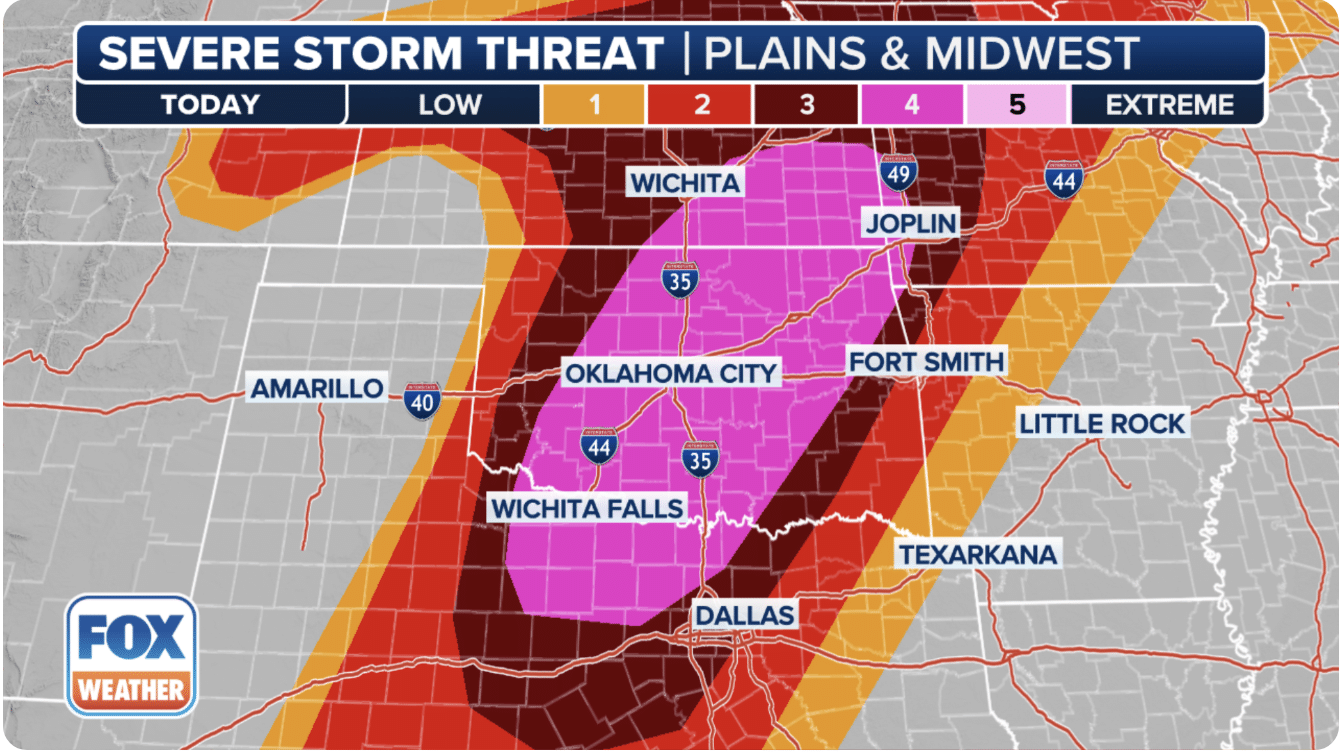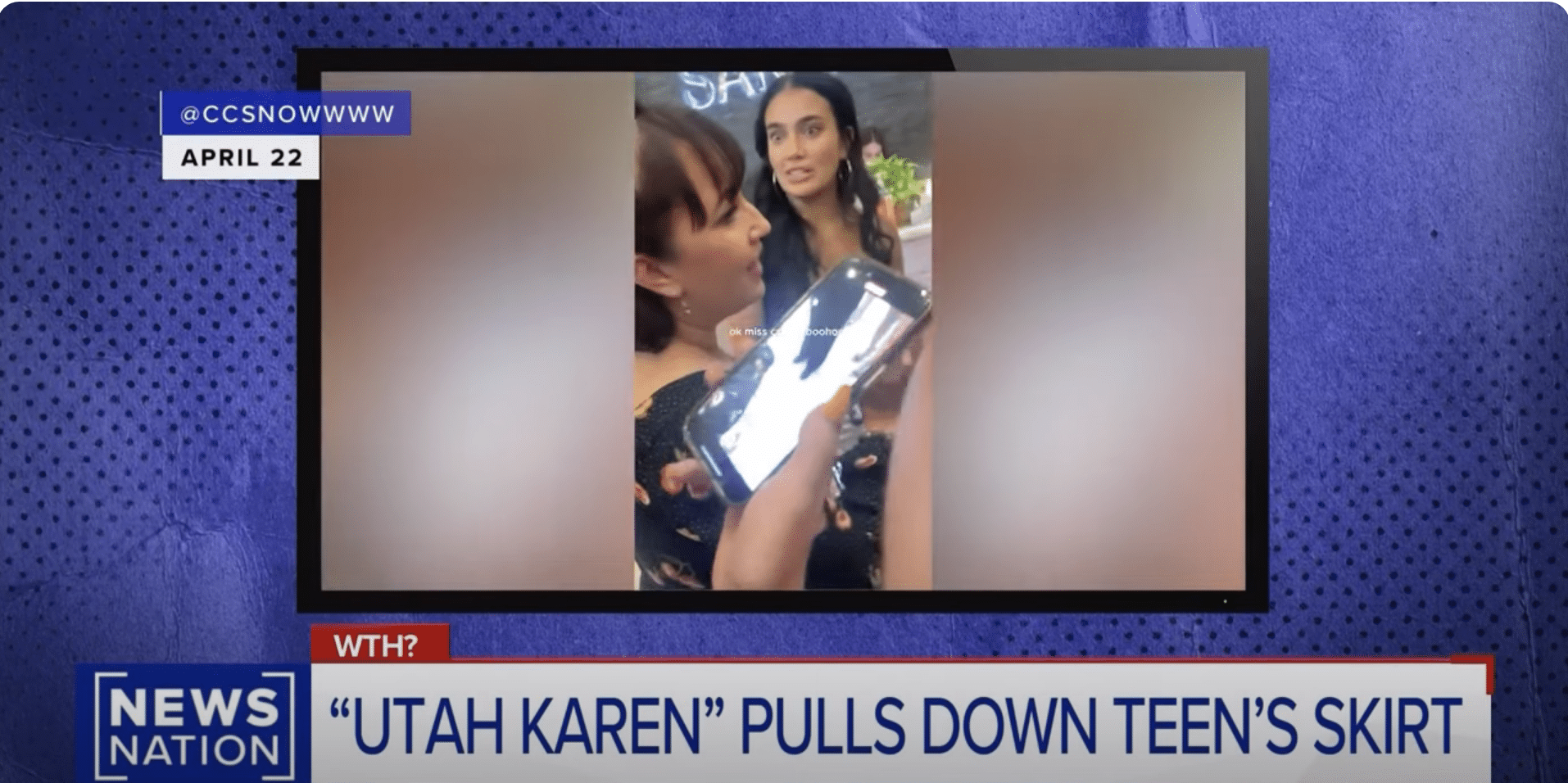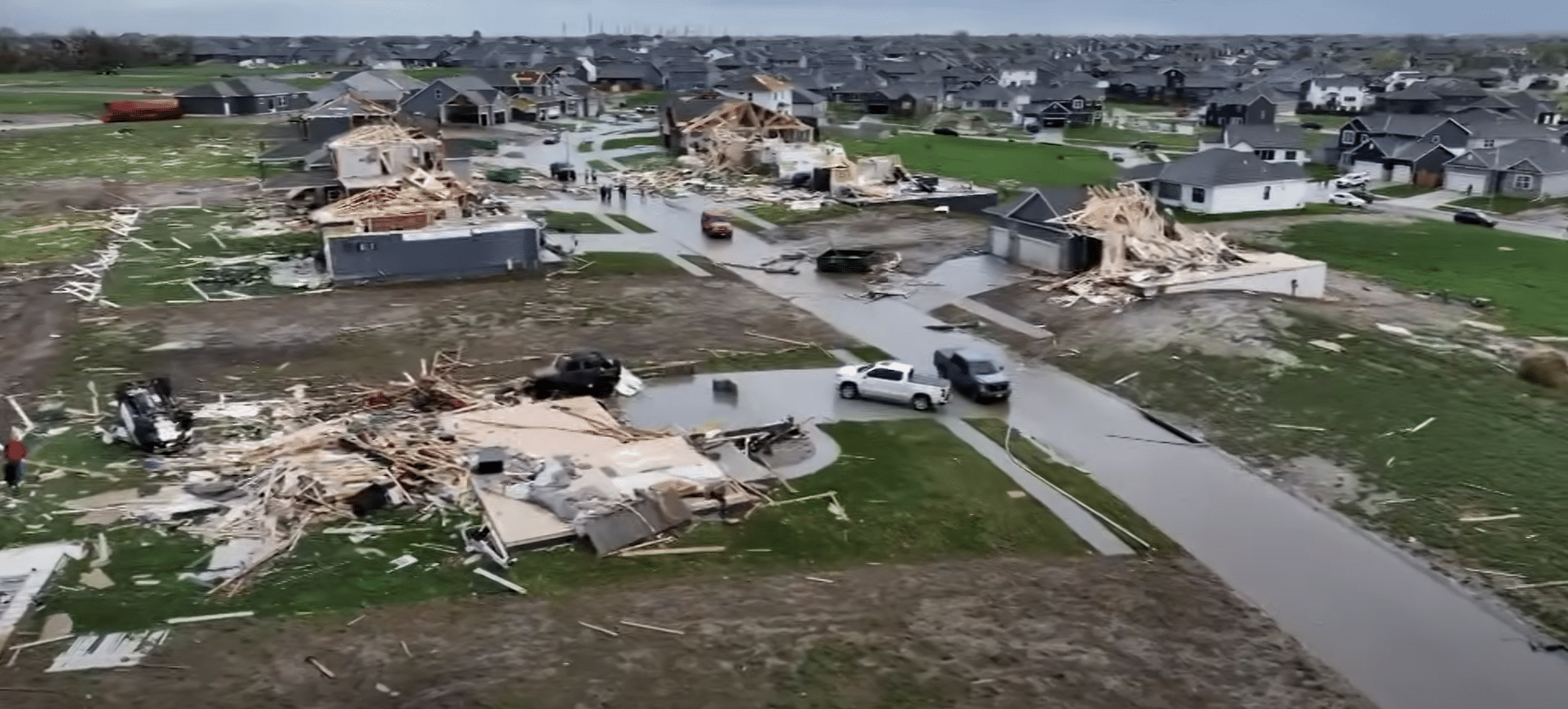President Biden drew a “red line” for Israel over the weekend, warning against an attack on the Gaza Strip city of Rafah.
In a Saturday interview with MSNBC, the president offered his harshest criticism to date of Israeli Prime Minister Benjamin Netanyahu.
He said the leadership’s conduct of the war against the Palestinian terrorist group Hamas is “hurting Israel more than helping Israel.” Mr. Biden said Israel must take greater care to protect civilians in Gaza.
He also made clear that an Israeli attack on Rafah would be unacceptable.
“It is a red line,” Mr. Biden said when asked about a potential Israeli military assault on the city. More than 1 million Palestinians have sought shelter in southern Gaza amid the Israel-Hamas war.
“But I’m never going to leave Israel,” the president quickly added. “The defense of Israel is still critical.
There’s no red line [where] I’m going to cut off all weapons so they don’t have the Iron Dome to protect them.
“But there’s red lines that if he crosses them — you cannot have 30,000 more Palestinians dead as a consequence of going after” Hamas, Mr. Biden said.
“There’s other ways to deal with, to get to, to deal with the trauma caused by Hamas.”
The comments will likely deepen the rift between the Biden administration and Mr. Netanyahu’s government.
The White House sent a clear signal of its displeasure with Mr. Netanyahu last week when it welcomed Benny Gantz, a member of Israel’s war Cabinet and a political rival to Mr. Netanyahu, to Washington for a series of meetings with high-ranking officials.
Mr. Gantz met with Vice President Kamala Harris, White House National Security Adviser Jake Sullivan and others.
Despite the deteriorating relationship, Mr. Biden said the U.S. fully backs Israel in its war against Hamas, the Palestinian militant group financially backed by Iran.
Hamas launched an Oct. 7 attack on Israel that killed more than 1,200 Israelis and foreign nationals and resulted in the seizure of about 250 hostages. About 100 of those hostages have not been returned.
Mr. Biden said CIA Director William Burns is in the Middle East trying to secure a deal between Israel and Hamas that would free those hostages in exchange for a six-week cease-fire.
The United Nations has warned of a growing humanitarian catastrophe in Gaza, where hundreds of thousands of Palestinians lack access to food, water, medicine and shelter.
Israel maintains that Hamas is to blame because it routinely uses civilians, hospitals and schools as shields for its militant operations.
Last week, Mr. Biden announced that the U.S. military would construct a temporary pier along the Gaza coast to help funnel humanitarian aid into the enclave.
The Associated Press reported Sunday that a U.S. Army vessel carrying equipment for building that pier was en route to the Mediterranean Sea.
The U.S. also has been conducting humanitarian airdrops over Gaza, the latest on Sunday.
U.S. Central Command said American planes “dropped over 11,500 meal equivalents, as well as other food including rice, flour, pasta, and canned food, providing life-saving humanitarian assistance in Northern Gaza.”
“These airdrops are part of a sustained effort, and we continue to plan follow-on aerial deliveries,” CENTCOM said.
Some Republicans have questioned whether international aid deliveries inevitably end up in the hands of Hamas.
“How does Hamas get food? Hamas does not have an economy.
Everything Hamas gets comes from abroad, from Iranians and from what they take,” Sen. Marco Rubio, Florida Republican, told CBS’s “Face the Nation” on Sunday.
“The evidence is in place that they have existed as an organization without any means of generating revenue other than what they are able to capture. That’s just common sense.”
As the U.S. tries to deliver more aid into Gaza, the administration is no longer hiding its frustration with Mr. Netanyahu and his government.
Mr. Biden was captured on a hot mic after his State of the Union address on Thursday saying he needs to have a “come to Jesus meeting” with Mr. Netanyahu.
The president elaborated on those comments during his weekend interview with MSNBC.
Mr. Biden’s use of the term “red line” may evoke memories of President Obama’s 2012 declaration that the use of chemical weapons by Syrian dictator Bashar Assad’s regime constituted a “red line” that would trigger a direct U.S. military response. Mr. Biden was vice president at the time.
Mr. Assad used chemical weapons against his enemies a year after Mr. Obama’s warning, but the U.S. did not strike.
The Obama administration later cut a deal in which Syria would turn over all its chemical weapons to Russia, though by virtually all accounts, Mr. Assad retained some chemical weapons capability.


















